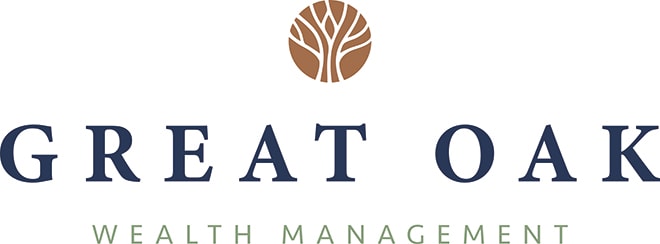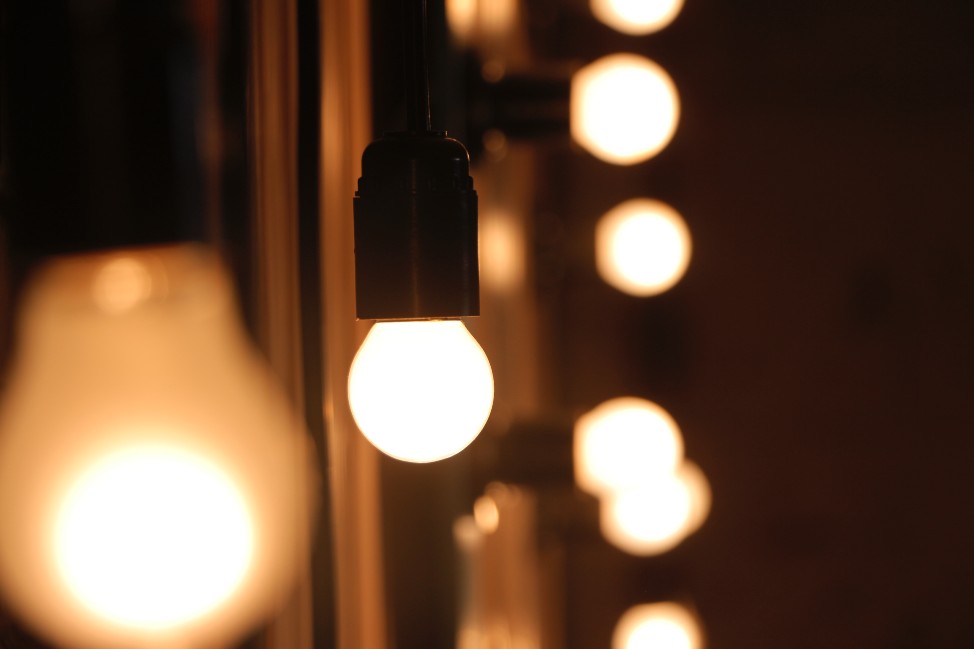I always stress the importance of having an emergency fund at every opportunity. You can have the best intentions and the most detailed financial plan in place, but without one, you’re setting yourself up for difficulty. Your emergency fund allows you to move forward and overcome any obstacles.
Watch out for the trains!
You may have a plan to save for retirement, college tuition for your children, or get out of debt. You can finally see the light at the end of the tunnel. Next thing you know that light at the end of the tunnel is a train coming right at you. An unexpected event is a financial momentum killer.
Cars break down, roofs leak, and ACs stop working when it’s 95 in July. You have to expect the unexpected. The emergency fund helps you stay on track. It is not a sound financial plan without an emergency fund.
Make it realistic
If you Google “emergency fund,” you’ll find all kinds of recommendations ranging from 3 months to 1 year of fixed and necessary expenses—things such as the mortgage, groceries, utilities, and car payments.
Those recommendations are all good, but I think they miss an important expense: discretionary expenses. Discretionary expenses are vacations, going out to eat, and those expenses that aren’t necessary but include things you enjoy.
Most advice assumes, wrongly, that if you do indeed have an emergency discretionary expenses will come to a complete halt. That’s not what happens in real life. It works more like a gradual decline. The longer the emergency, such as unemployment, the greater the reduction in discretionary spending. I’ve found it takes time for the financial pain to set in.
I recommend 6 months worth of fixed and necessary expenses and 3 months of discretionary expenses. Many will think that is overkill, but I’ve seen clients lose their jobs or suffer some short term family medical emergencies. Ask them if it was overkill.
“An emergency fund not only helps you move forward, it prevents you from falling backwards”
The other reason discretionary spending doesn’t come to a complete halt is when things are tough a dinner and a movie are just what you need. Not every week obviously, but If you’re going through a difficult stretch, an occasional treat is a good mental break.
I feel it’s just as important to build the discretionary expenses into the plan because they just don’t disappear. It not that simple or realistic
The secret stash
Typically a savings or money market account will do the trick, regardless of the rate of return. We’re not looking to beat the market, and this isn’t your retirement savings, it’s money that needed at a moments notice. Investing in anything more volatile is foolish.
I also recommend keeping 1 month of your emergency savings in cash, in your home. Under the mattress, in your sock drawer, a cookie jar, buried in the backyard or preferably in a fireproof safe.
Yes, you should keep cash on hand at all times just in case there’s a natural disaster such as an earthquake, flood or an unnatural disaster such as a computer hacking that brings down the financial system.
No, I’m not one of those preppers. I don’t have a bunker in the back yard, but realistically the potential is there for a person or country to mess with our financial system. You need to be prepared for everything and it’s my job to get you to do that.
One small step
Start small, maybe $25 a month. I know you think that will take 20 years to build up enough to save. You need to keep with it and plan how you can increase that monthly amount. Get a raise, bump it up to $100. Pay off a credit card, bump it up to $200. Yes, even if you’re in debt it’s important to begin an emergency fund.
Saving for an emergency fund is just like everything else regarding financial planning. You need to take that first step, and over time, the results and effort will show.
An emergency fund will get you through the unpleasant and always inopportune events in your life. They help you avoid racking up credit card debt or dipping into your retirement savings. It is the keystone of a strong financial foundation.
If you have any questions, please contact us to help you get started securing your future.








